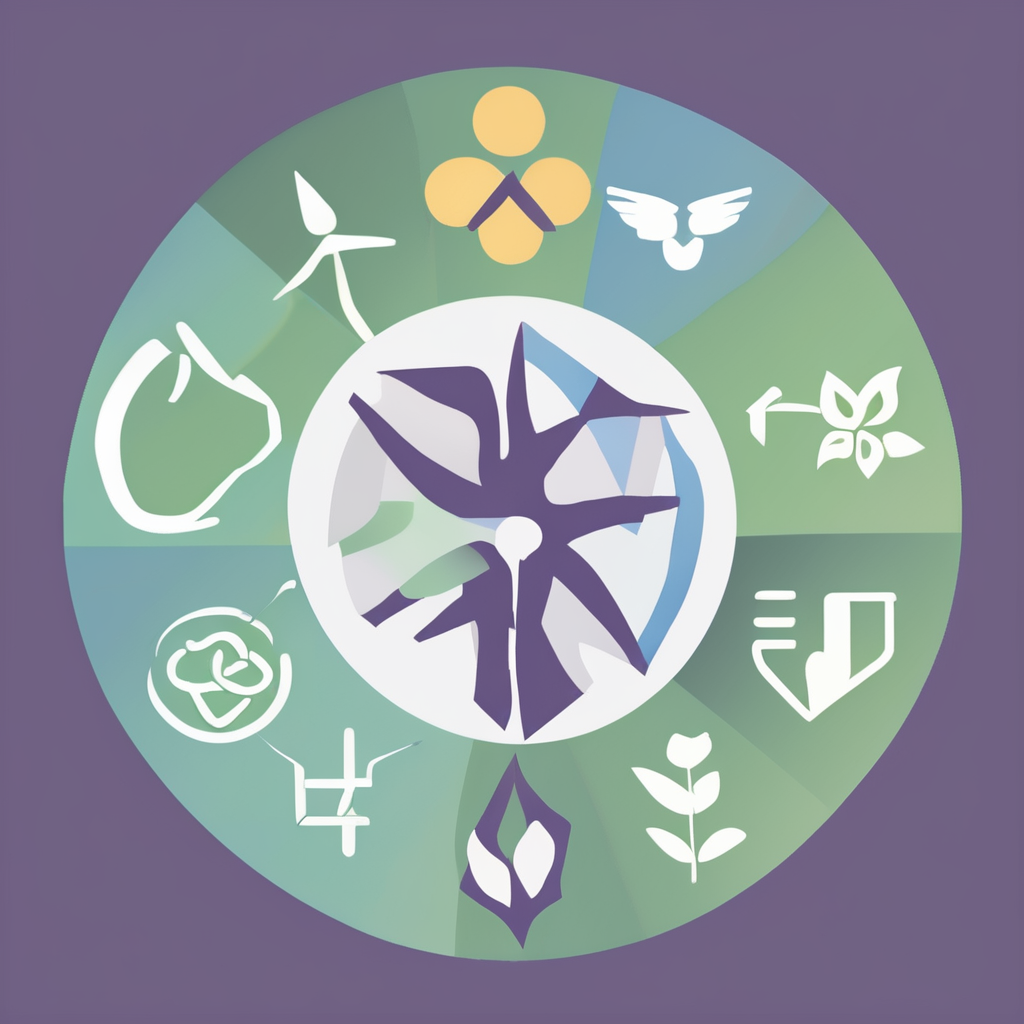In today’s fast-paced world, it’s easy to overlook the vital role that social connections play in maintaining our emotional health. Beyond just a support system, these connections help shape our mental well-being, providing a cushion against stress and loneliness. This article explores the impact of social relationships on your emotional health and offers practical strategies to strengthen these bonds.
The Impact of Social Connections on Emotional Health
When thinking about emotional health, many often focus on personal resilience or stress management techniques. However, one significant factor that cannot be overlooked is the power of social connections. Relationships with family, friends, and the wider community play a pivotal role in maintaining mental well-being.
Also to see : What are the psychological effects of chronic illness, and how can patients cope with these challenges?
Social Support and Emotional Resilience
Having a solid network of people you can lean on is not just comforting—it can also be essential for emotional resilience. When life’s challenges arise, a supportive network can provide encouragement, advice, or simply a listening ear. Such interaction contributes to a sense of belonging, reducing feelings of isolation and loneliness that can exacerbate mental health issues.
Buffer Against Stress and Isolation
Studies have shown that having strong social ties can buffer against the adverse effects of stress. When we’re connected, we engage in more meaningful interactions that help us navigate life’s hurdles, making stress more manageable. On the other hand, isolation and loneliness can lead to increased stress and poor mental health outcomes, making the need for social interactions even more crucial.
In the same genre : How can regular physical activity contribute to better heart health and what exercises are most effective?
Positive Physical Health Outcomes
The benefits of social connections extend beyond emotional health, positively impacting physical health too. Engaging in regular social activities can lead to better sleep, reduced blood pressure, and a decreased risk of developing chronic illnesses. This interconnectedness between emotional and physical health highlights the importance of nurturing your social relationships.
How to Strengthen Your Relationships
Cultivating and maintaining healthy relationships requires intention and effort. Whether you’re looking to deepen existing bonds or develop new ones, there are several actionable steps you can take to foster strong, meaningful connections.
Prioritize Quality Time
In the hustle and bustle of daily life, it’s easy to let time with friends and family fall by the wayside. However, prioritizing quality time is essential for building lasting connections. Schedule regular meet-ups or video calls, and ensure these moments are meaningful by giving your full attention to the conversation.
Practice Active Listening
Active listening is a skill that can significantly enhance your relationships. By truly focusing on what the other person is saying, you show respect and interest, fostering a deeper connection. This involves maintaining eye contact, nodding in understanding, and providing thoughtful responses rather than merely waiting for your turn to speak.
Show Appreciation and Gratitude
Expressing gratitude can go a long way in nurturing relationships. A simple “thank you” or acknowledgment of someone’s efforts can strengthen bonds and demonstrate that you value their presence in your life. This practice helps build a positive atmosphere where relationships can thrive.
Navigating Relationships in the Digital Age
In the digital age, social interactions have evolved, offering unique opportunities and challenges for building emotional connections. With technology at our fingertips, it’s essential to navigate these waters wisely to enhance rather than hinder our relationships.
Embrace Technology for Connection
Technology can be a great tool for maintaining relationships, especially when distance is a factor. Use messaging apps, social media, and video calls to keep in touch with loved ones and share life’s moments. However, it’s vital to find a balance and ensure these interactions compliment rather than replace face-to-face connections.
Observe Digital Boundaries
While digital communication offers convenience, it’s equally important to establish boundaries. Overuse of technology can lead to a sense of disconnection despite being constantly connected. Set limits on screen time and ensure you’re present in the moment during physical interactions.
Maintain Authenticity Online
In a world where curated images and highlights dominate social media, strive for authenticity in your online interactions. Share genuine experiences and engage in meaningful conversations rather than superficial exchanges. This approach will help build trust and deepen emotional connections.
The Role of Family and Friends in Emotional Health
Family and friends form the core of our social support system, each playing a distinct role in maintaining our emotional well-being. Understanding their importance can help you leverage these relationships for better mental health.
Family as the Backbone
Families often provide unconditional support, forming the first pillars of our emotional health. They help shape our identities and provide a sense of belonging that is crucial in difficult times. Nurturing these relationships can lead to a stable emotional foundation, offering support and guidance throughout life’s challenges.
Friends as Chosen Family
While family relationships often form the backbone of our support system, friendships offer unique benefits. Friends can provide perspectives outside of familial norms, fostering growth and understanding. They offer emotional support, companionship, and an outlet for stress relief, contributing to a well-rounded support network.
Balancing Both Worlds
While each type of relationship offers its distinct advantages, maintaining a balance between family and friends can lead to a more robust social support system. Invest in both to ensure a rich tapestry of connections that can guide and support you throughout your life.
Navigating the complexities of social relationships is an ongoing journey, but it’s a path worth pursuing. By understanding the vital role of social connections in emotional health and actively working to strengthen these relationships, you empower yourselves to lead a more fulfilling life. Prioritize quality time, embrace technology wisely, and balance familial and friendly connections to build a resilient social network that supports your emotional well-being.











